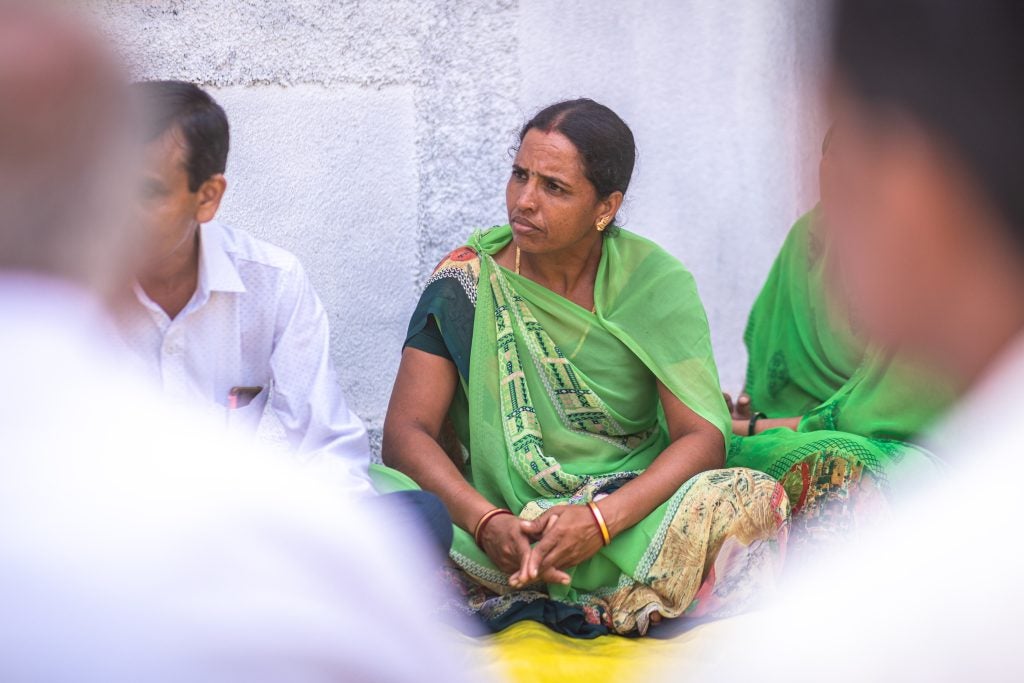The project – funded by sustainability standards organisation ISEAL – will not only identify real success stories that can serve as inspiration for targeted interventions, but it will also generate learnings that will benefit cotton farming countries around the world.
Over the next year, Better Cotton said it will work closely with two in-country Programme Partners, Cotton Connect India and WWF India, who together support more than 125,000 Better Cotton licensed farmers across Maharashtra and Telangana.
The aim is to gain insights into their recruitment strategies and retain more women in organisational leadership roles. As part of the process, community-facing roles – such as Producer Unit Managers and Field Facilitators – were identified as an area for investment and strengthening.
Better Cotton added the results will help to develop and streamline mechanisms for supporting women in cotton as it works towards its 2030 Impact Target2 on women’s empowerment.
Better Cotton’s India Programme director Jyoti Narain Kapoor emphasised women form the foundation of cotton farming communities across India, but too often their contributions are unrecognised and unrewarded.
According to her, this research project will help underpin the organisation's women’s empowerment efforts in the country by studying what does and what does not work.
Senior manager for gender equality at Better Cotton, Nini Mehrotra, believes one of the best pathways to empower women in farming roles is to strengthen the women in community-facing organisational roles.
Mehrotra stated: "It’s a unique supportive relationship - bringing technical knowledge, safe space, inspiration and modelling all together. Since they are from the same communities, women facilitators carry a deep understanding of the challenges women farmers and cultivators battle with. Because they are also the ones who are agronomic experts on the field, their presence speaks volumes about what is possible for women in farming communities."
Better Cotton underscored women's vital role in India's cotton farming regions, noting that they continuously face significant barriers to advancing their positions. The organisation explained that these challenges stem from cultural and societal barriers, including limited access to education, restrictions on independent travel and unpaid domestic and care work that disproportionately falls on them.
Recently, Better Cotton released its 2023-24 Annual Report and launched public consultations for revisions to its Chain of Custody (CoC) Standard and Claims Framework.









